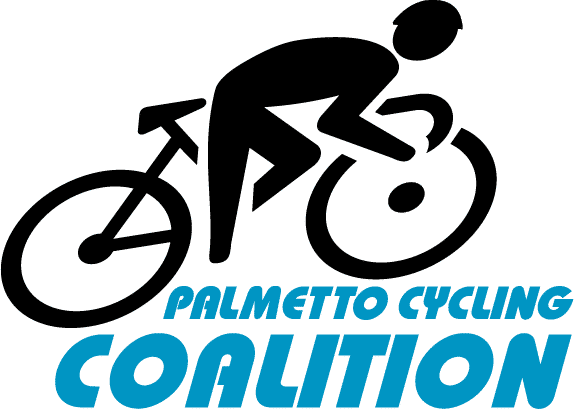Federal Transportation Bill Passed After 3 Years
July 6, 2012//Comments Off on Federal Transportation Bill Passed After 3 Years
President Obama is expected to sign the Moving Ahead for Progress in the 21st Century Act (MAP-21) today, making it the first federal transportation bill passed since 2005. The previous bill expired in 2009 and was extended many times while Congress fought over the bill, with biking and walking infrastructure as one of the main subjects of debate.
Since early May, select House and Senate members have been meeting to create consensus on the transportation bill. The Senate’s first offer to the House included the bipartisan Cardin-Cochran agreement, which would allow local governments to access federal funds for biking and walking projects. But the House would prefer to get rid of biking and walking funding. In their counter-offer, the House proposed allowing states to ‘opt out’ of this funding pot completely, eliminating the Cardin-Cochran agreement, thus taking away local governments’ ability to access federal funds for small transportation projects. The House and Senate conference committee was in a race against the clock as they worked on these negotiations– the most recent extension of the bill expired on June 30. Advocates around the nation waited with ‘bated breath‘ on the outcome, and we have to say, we are disappointed.
While we are far from satisfied with the bill we have, we do have to take some comfort that it isn’t worse. The previous transportation bill and subsequent extensions have set aside 1.5 percent to fund Transportation Enhancements, a program that funds biking and walking infrastructure, along with many other types of projects. Though the amount was small, that the funds were dedicated to street safety projects demonstrated an innovative and realistic approach to answering the growing needs and demands of our country for walkable and bikeable communities. However, while Congress struggled to create a new bill, these funds have repeatedly come under attack, seen as nothing more than frivolous excess. Additionally, the Safe Routes to School program which used to have its own dedicated funding will now be combined with Transportation Enhancements, lessening the share for both programs and creating the new Transportation Alternatives.
Under the new bill, one half of the Transportation Alternatives funding will go to local governments. This is good news, as local officials know what their communities need and are generally more receptive to alternative transportation projects. The other half of the funding will go to the state Departments of Transportation, with no obligation to spend it on any biking and walking. Ignoring the 83 percent of Americans and 1,300 mayors of our biggest cities who support maintaining or increasing the levels of funding for biking and walking demonstrates the work ahead to make sure our representatives and senators understand how vital these projects are to our quality of life.
In all, this bill will cut funding for projects like sidewalks, crosswalks, bike lanes and more by 60 to 70 percent. The cuts demonstrate an especially backwards way of thinking in a society whose members are increasingly turning away from the car, and we will need your support more than ever to aid us in making sure our DOT fully puts these funds to their intended use. As your statewide advocates, we will be working with local groups to communicate the need for this funding. For more information, please visit the League of American Bicyclists.
Posted in Advocacy
